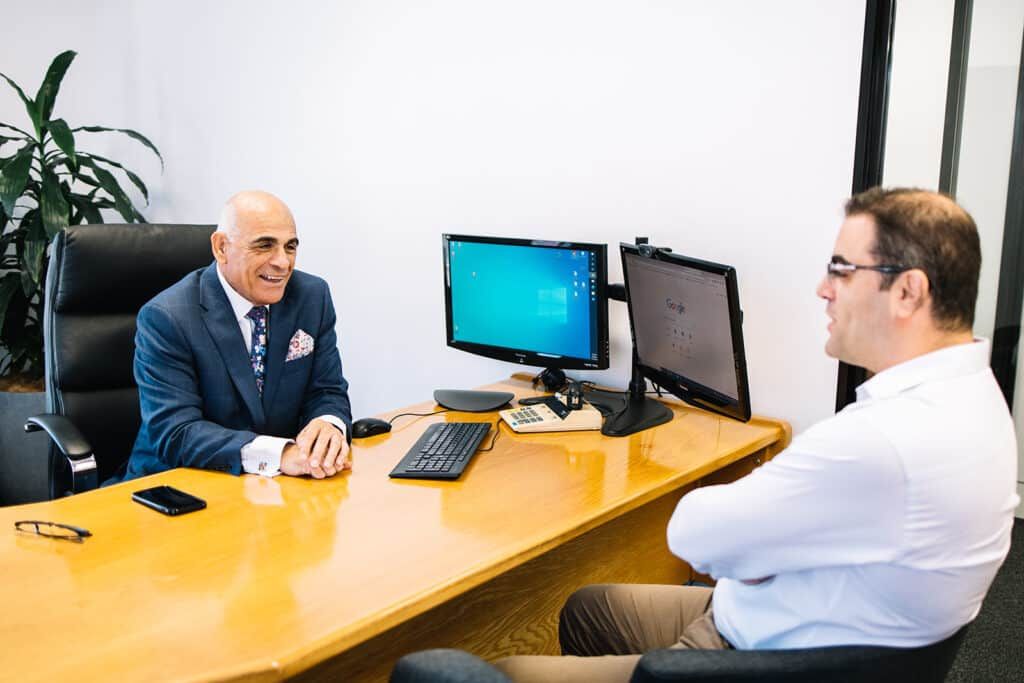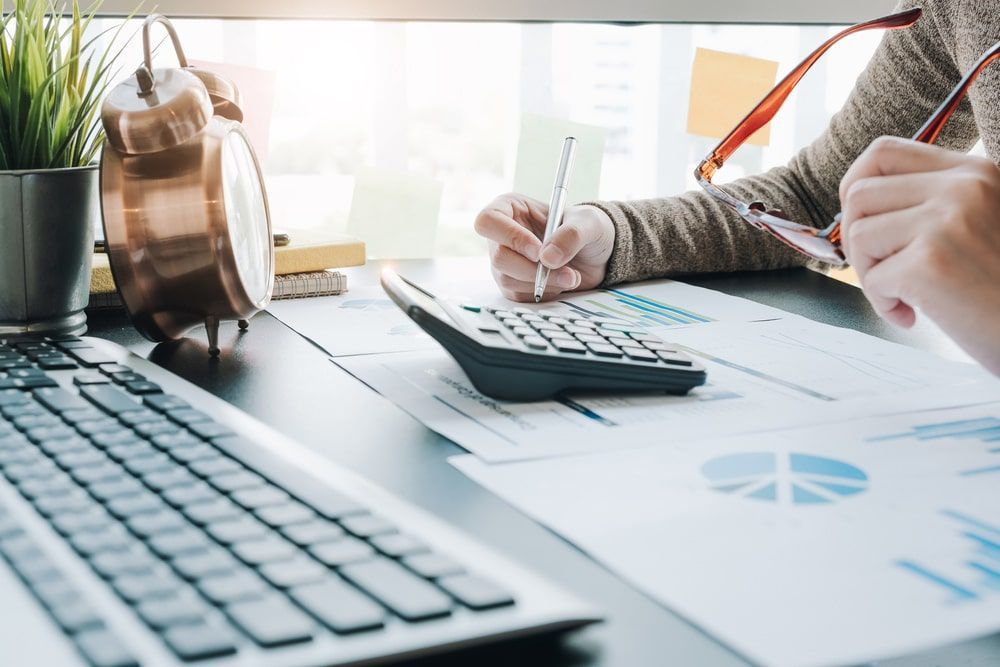$20k deduction for ‘electrifying’ your business
Electricity is the new black. Gas and other fossil fuels are out. A new, limited incentive nudges business towards energy efficiency. We show you how to maximise the deduction!
The small business energy incentive is the latest measure providing a bonus tax deduction to nudge the investment behaviour of small and medium businesses, this time towards more efficient energy use and electrification. Fossil fuels are out, gas is out, electricity is the name of the game.
Legislation before Parliament will see SMEs with an aggregated turnover of less than $50 million able to claim a bonus 20% tax deduction on up to $100,000 of their costs to improve energy efficiency in the business. But, the tax deduction is time limited. Assuming the legislation passes Parliament, you only have until 30 June 2024 to invest in new, or upgrade existing assets.
How much?
Your business can invest up to $100,000 in total, with a maximum bonus tax deduction of $20,000 per business entity. The energy incentive is not provided as a cash refund, it either reduces your taxable income or increases the tax loss for the 2024 income year.
What qualifies?
The energy incentive applies to both new assets and expenditure on upgrading existing assets. There is no specific list of assets that can qualify. Instead, the rules provide a series of eligibility criteria that need to be satisfied.
First, the expenditure incurred in relation to the asset must qualify for a deduction under another provision of the tax law.
If your business is acquiring a new depreciating asset, it must be first used or installed for any purpose, and a taxable purpose, between 1 July 2023 and 30 June 2024. If you are improving an existing asset, the expenditure must be incurred between 1 July 2023 and 30 June 2024.
If your business is acquiring a new depreciating asset the following additional conditions need to be satisfied:
- The asset must use electricity; and
- There is a new reasonably comparable asset that uses a fossil fuel available in the market; or
- It is more energy efficient than the asset it is replacing; or
- If it is not a replacement, it is more energy efficient than a new reasonably comparable asset available in the market; or
- It is an energy storage, time-shifting or monitoring asset, or an asset that improves the energy efficiency of another asset.
If you are improving an existing asset the expenditure needs to satisfy at least one of the following conditions:
- It enables the asset to only use electricity, or energy that is generated from a renewable source, instead of a fossil fuel;
- It enables the asset to be more energy efficient, provided that asset only uses electricity, or energy generated from a renewable source; or
- It facilitates the storage, time-shifting or usage monitoring of electricity, or energy generated from a renewable source.
What doesn’t qualify?
Certain kinds of assets and improvements are not eligible for the bonus deduction, including where the asset or improvement uses a fossil fuel. So, hybrids are out. Solar panels and motor vehicles are also excluded.
In addition, the following assets are specifically excluded from the rules:
- Assets, and expenditure on assets, that can use a fossil fuel;
- Assets, and expenditure on assets, which have the sole or predominant purpose of generating electricity (such as solar photovoltaic panels);
- Capital works (such as buildings and structural improvements);
- Motor vehicles (including hybrid and electric vehicles) and expenditure on motor vehicles;
- Assets and expenditure on an asset where expenditure on the asset is allocated to a software development pool; and
- Financing costs, including interest, payments in the nature of interest and expenses of borrowing.
What does qualify?
The legislation contains a few examples of what would qualify:
- Electrifying heating and cooling systems
- Upgrading to more efficient fridges and induction cooktops (for example replacing gas cook tops)
- Installing batteries and heat pumps
- Installing an electric reverse cycle air conditioner instead of a gas heater
- Replacing a coffee machine with a more energy efficient coffee machine if the manufacturer’s electricity consumption information supports this – keep the documentation!
- Thermal storage that can store heat or cold from a renewable source
- Solar thermal hot water system (assuming it meets the other criteria)
The legislation to implement the energy incentive is before Parliament. We’ll keep you updated on its progress. If you intend to make a major outlay to take advantage of the bonus deduction, talk to us first just to make sure it qualifies.

















